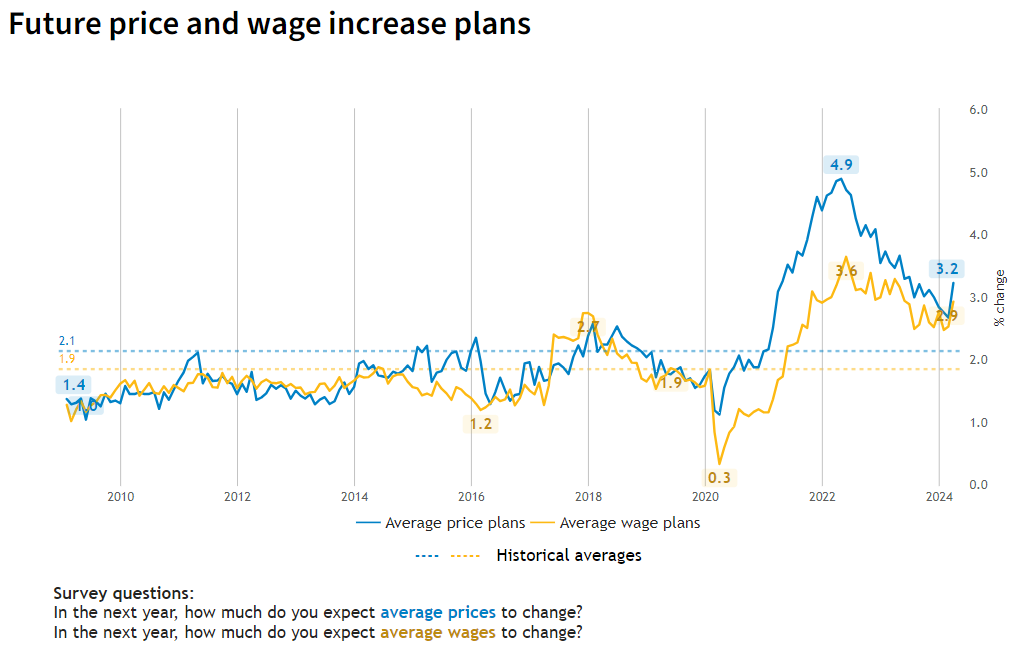The impending changes to Albertan law could impact your organization in a big way

The impending changes to Albertan law could impact your organization in a big way.
These changes will come in the form of amendments to the Occupational Health and Safety Act (OHSA) and to the Workers’ Compensation Act (WCA). This, in turn, will lead to the introduction of Bill 30: An Act to Protect the Health and Well-being of Working Albertans.
The changes will encompass three main parts of Alberta legislation; the right to refuse dangerous work, the right to know, and the right to participate.
The first deals with protecting workers from any form of reprisal for evoking this right, including a loss of benefits. The second ensures workers are informed of potential hazards in the workplace and the third looks at ensuring workers are involved in health and safety discussions.
The right to refuse dangerous work would allow employees to do so without losing their job or their wages. As part of this change, employers must ensure all workers understand the hazards in the workplace. They should also investigate any matter in cooperation with a health and safety representative.
“In Alberta, historically, health and safety in the workplace has been focused purely on the physical elements – but this is expanding in the new legislation to include not just the physical health and safety, but also psychological and social well-being.
“Meaning the definition is actually being changed to help protect more than just employees’ physical health.”
To hear more on this pressing matter, secure your place at our upcoming webinar - Bill 30, an act to protect the health and well-being of working Albertans.








